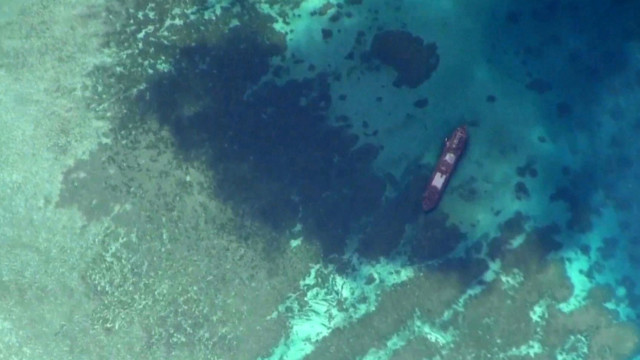Donald Trump has talked about China a lot on the campaign trail. Hillary Clinton less so, but it’s usually about trade, not the South China Sea. So where do the candidates stand on the competing territorial disputes?
CCTV America’s Nathan King reports.

As one of Washington’s most influential thinkers on the South China Sea, Bonnie Glaser thinks if Hillary Clinton is elected, the world could see more so-called freedom of navigation operations by U.S. warships near waters claimed by China.
Glaser argued that it’s easier to predict the actions of a President Hillary Clinton. She was one of the main architects of the U.S. ‘pivot to Asia.’
As Secretary of State she said the U.S., “does not take sides” in the South China Sea disputes and opposes “the use or threat of force by any claimant.”
However, Trump’s South China Sea policy is a big question mark.
Glaser might be one of the China experts in a future Clinton administration. Donald Trump’s China guru is Peter Navarro, who declined to be interviewed by CCTV. As the author of books with titles like ‘The Coming China Wars’ and ‘Death by China,’ Navarro will likely back a more confrontation with Beijing.
Glaser concedes that as a businessman, Trump is inclined to cut deals and may seek a more transnational relationship with Beijing over the South China Sea.
Whoever wins the U.S. presidential election may inherit a situation that is a lot calmer in the South China Sea. Philippine President Rodrigo Duterte’s recent talks in Beijing seem to have diffused tensions between the two claimants, and cooperation on fishing and mineral rights may be on the cards. That would lessen the case for a more intrusive U.S. military presence in those waters.
Wang Hailing on the US election and the South China Sea
To discuss in details how the U.S. election result can impact American stand on the South China Sea issue, CCTV America’s Mike Walter spoke with Wang Hailing, Ph.D., director of The National Center for Ocean Affairs and the Law of the Sea, Chinese Academy of Social Science.
 CGTN America
CGTN America

